Ambulance delay death in South West gets no government response
- Published
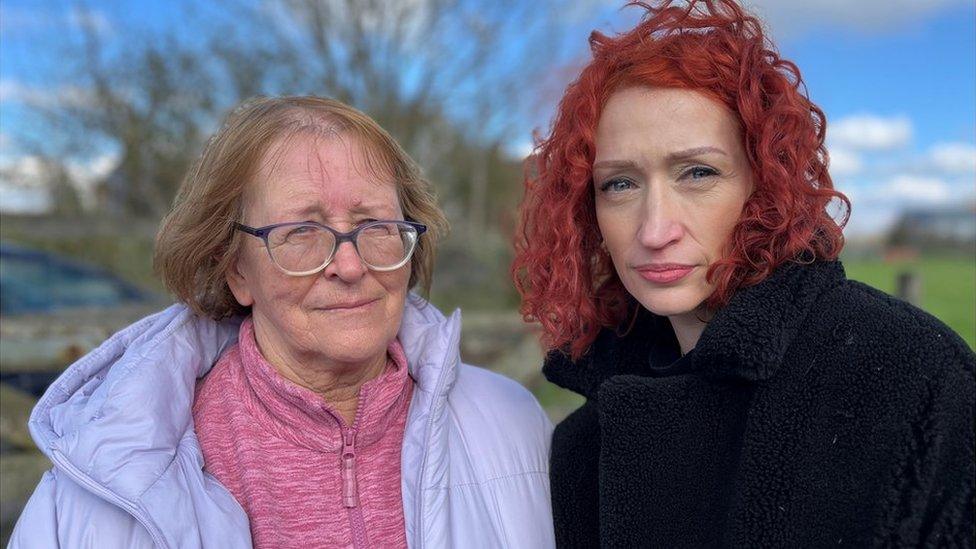
Ken Heard's family were told he would probably have survived if he had received treatment sooner
The family of a man who died following an eight-hour wait for an ambulance said he had "again been let down" as the government has failed to respond to a coroner over the issue.
After Ken Heard's death after a heart attack, a coroner said action should be taken to prevent future deaths.
The government was under duty to respond by January but still has not.
The Department of Health and Social Care said took "the coroner's findings extremely seriously".
'No-one came'
This was not the first time coroners in Cornwall have submitted Prevention of Future Deaths (PFD), external reports to the government on similar issues, and two more reports are being prepared.
Ken Heard was a volunteer hospital driver for NHS patients.
His daughter Susan Bray said: "For the last seven years he made sure that people that needed to get to hospital [got there] and, the day he needed it, no-one came."
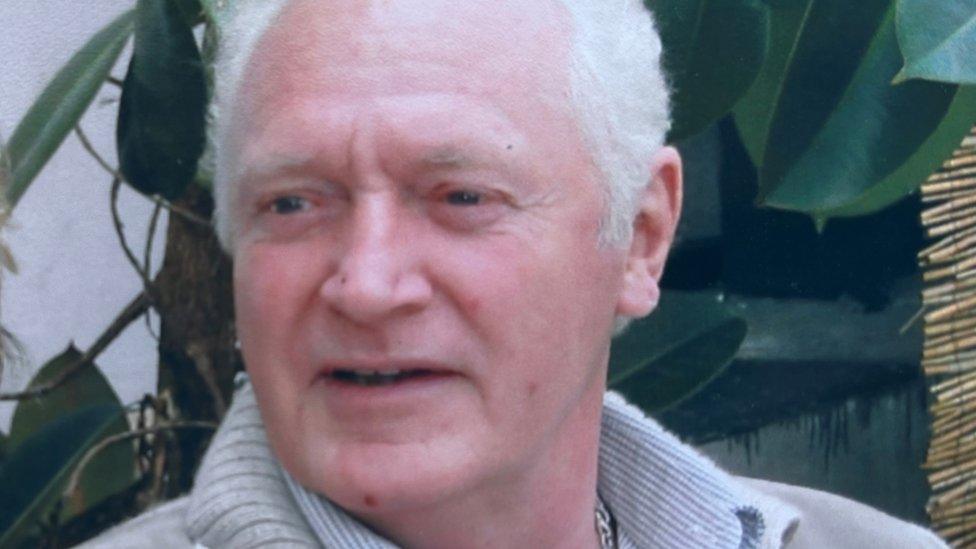
Ken Heard was a volunteer driver for NHS patients
Mr Heard's widow, Jean Heard, 77, recalled how she was "just walking the floors" after making a 999 call reporting her husband had had a heart attack in July 2022.
An ambulance arrived eight hours and 10 minutes later. The national target to attend callouts for heart attacks - known as category two - is an average of 18 minutes.
Guy Davies, assistant coroner for Cornwall, concluded that Mr Heard died from a cardiac arrest at the Royal Cornwall Hospital following a heart attack "which was untreated due to" the delay.
He wrote a Prevention of Future Deaths (PFD) report, external to the government in November 2023 after the inquest.
This was the third PFD report highlighting the same issues within 12 months.
'Systemic challenges'
The document, sent to Ms Victoria Atkins MP, Secretary of State for Health and Social Care, said it was "more likely than not" that Mr Heard would have survived had there not been the ambulance delay.
In the report, Mr Davies said: "Action should be taken to prevent future deaths and I believe you have the power to take such action."
The previous reports had already raised concern about long waits for ambulances to hand over patients to hospital, impacted by a backlog in patient discharges, due to pressure on social care provision.
Andrew Cox, chief coroner for Cornwall, said the challenges were "systemic".
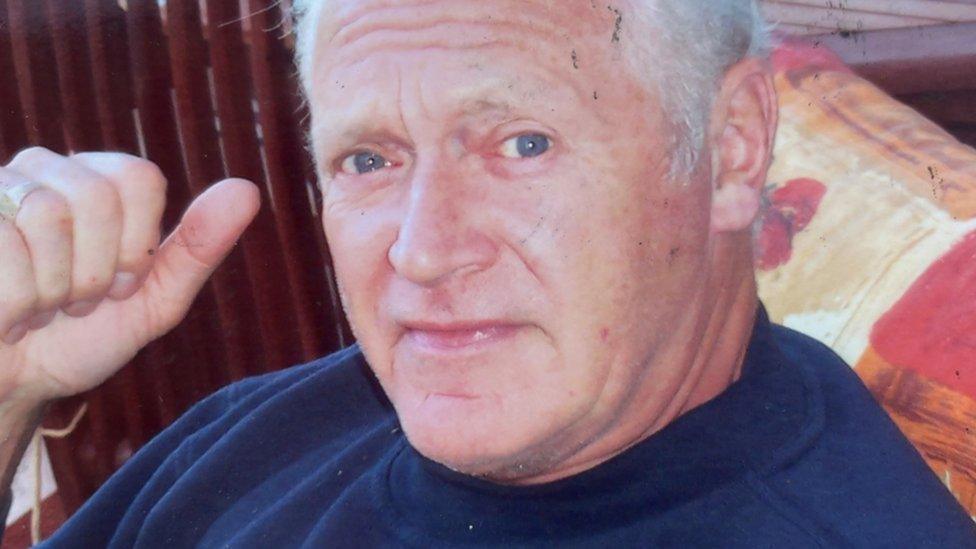
Ken Heard waited for eight hours and 10 minutes for an ambulance
The Coroner's Office said responses were outstanding to the two most recent reports, which had deadlines of 18 and 20 January.
Ms Bray said the lack of timely response from the secretary of state was "another let down".
"It feels like he's just been let down twice now," she said. "The government's not taking any accountability for it."
Ms Bray said: "I think my dad had so much faith in the system. He just always assumed that, when he needed it, it would be there.
"I feel it's really sad, I feel like we're letting our parents down - a whole generation."
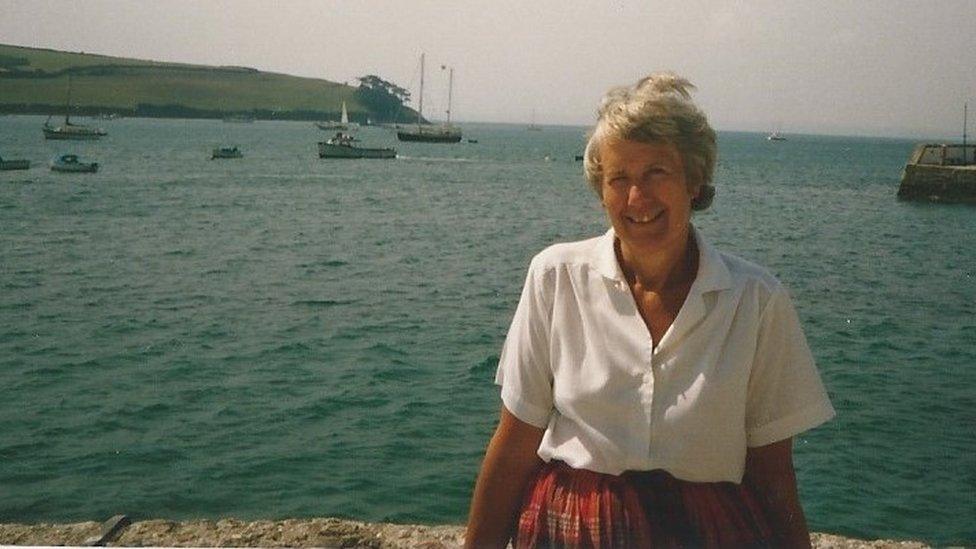
Patricia Van Der Eyken's son said his mother did not have to die that day
The two reports being prepared by the Coroner's Office relate to two deaths in September 2023.
Patricia Van Der Eyken, 93 passed away at her home while waiting for an ambulance, which arrived about two hours and 40 minutes after 999 was called.
Her son Tim said it was "shocking".
He said: "It is deeply upsetting to discover my mother did not need to lose her life that morning.
"People's lives are at risk and the secretary of state for health needs to be held to account."
Robert Prowse, 86, from Penzance, died from sepsis after an ambulance delay.
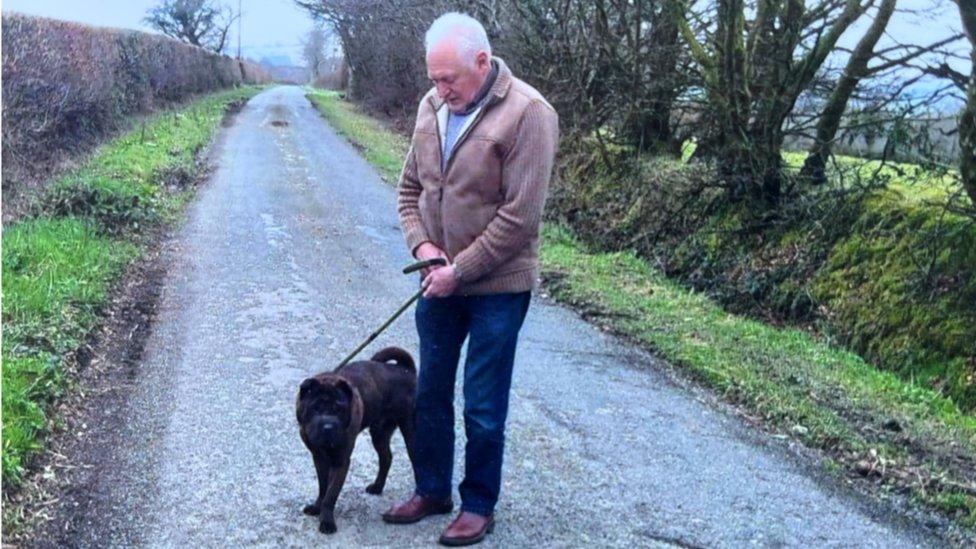
Ken loved living in Cornwall with his wife and dogs
A Department of Health and Social Care spokesperson said its Delivery Plan for Recovering Urgent and Emergency Care Services, external - backed by £1bn of dedicated funding - aimed to improve waiting times within urgent and emergency care.
They added: "We have already seen significant improvements in ambulance response times this year - with average category one responses in the South West over 15% faster this winter than last - but we know there is more to do.
"We take the coroners' findings extremely seriously and will respond in full shortly."
The latest ambulance waiting times in the south west region for the most serious call-outs in January were nine minutes and 45 seconds - the second worst in England.
It should take 15 minutes to transfer a patient from an ambulance to A&E but, during the winter, waits were the worst in the country in Cornwall and Devon.
The latest available data showed 88% of ambulances waited for 30 minutes or more to transfer patients to the Royal Cornwall Hospital, compared to the England average of 27%.
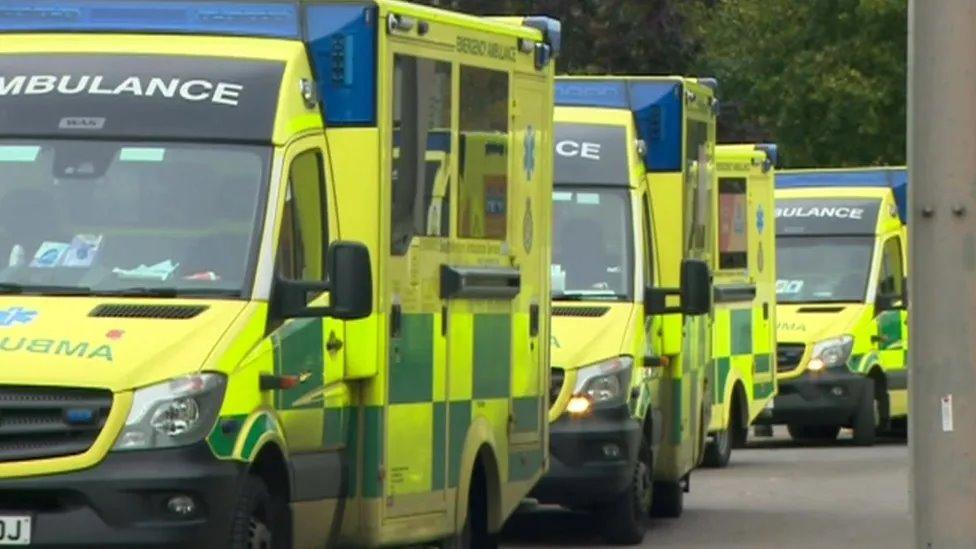
Ambulance handover waits in the south west are much higher than the England average
Rosanna Ellul, from the charity Inquest, said: "The government need to take much more responsibility in overseeing these reports and create a new independent public body... to increase transparency and accountability."
A statement on behalf of the Cornwall and Isles of Scilly Integrated Care System offered its "sincere condolences to the family and friends of the patients affected".
It said: "Any occasion where the care we provide falls below the high standards our patients deserve and rightly expect is unacceptable."
The statement said it was "committed to addressing the complex issues highlighted in the coroner's reports".
It added that, since November, "immediate action" had been taken to reduce hospital attendances by providing more care and treatment in people's homes and communities.
The South Western Ambulance Service NHS Foundation Trust (SWASFT) said it was helping to manage handover delays with a range of measures.

Follow BBC Cornwall on X (formerly Twitter), external, Facebook, external and Instagram, external. Send your story ideas to spotlight@bbc.co.uk, external.
Related topics
- Published8 March 2024

- Published2 February 2024
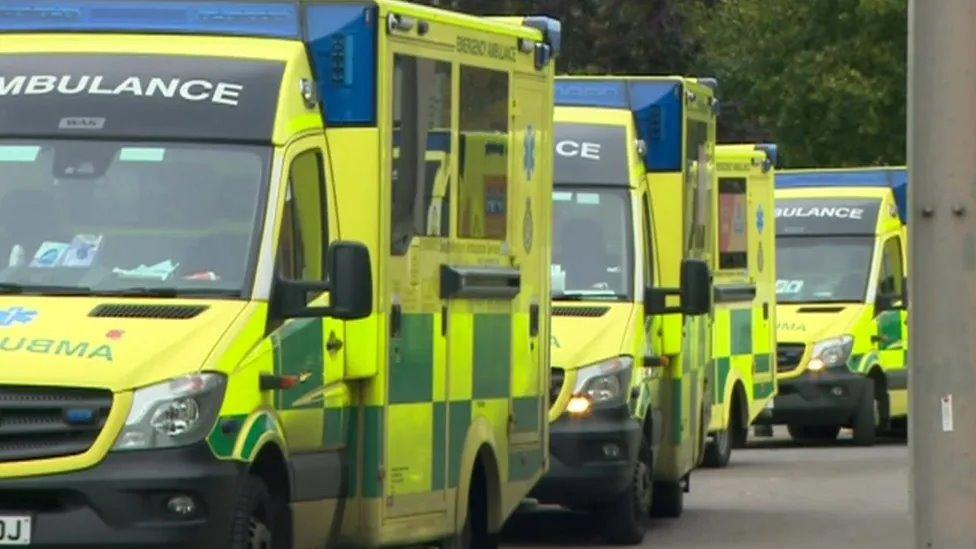
- Published5 January 2024